
Artificial Intelligence (AI) powers the future of smart, sustainable cities
AI is transforming smart buildings into engines of sustainability, equity, and innovation. This study unveils a pioneering framework that blends technology with policy to boost efficiency, empower communities, and shape resilient, future-ready cities.
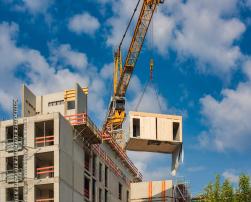
Offsite construction: A key to more affordable housing
Can industrialised construction help solve Europe’s housing crisis? This report explores its potential, benefits and barriers, and outlines key policy measures to accelerate its adoption in the delivery of affordable and sustainable housing.
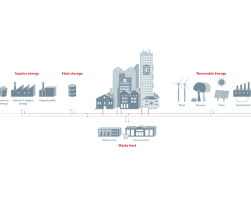
Geothermal grid powers buildings low-carbon future
A pioneering Swedish project showcases how low-temperature geothermal networks and smart energy sharing between buildings can slash emissions, boost efficiency, and extend infrastructure lifespan—offering a pragmatic path to decarbonising urban heating.

Sufficiency: A cornerstone of the EU’s climate roadmap
In this report, the European Commission highlights the pivotal role of sufficiency in the building sector as an effective strategy to reduce emissions, optimise resource use, and address the housing crisis. A key read for advancing a fair and sustainable climate transition.
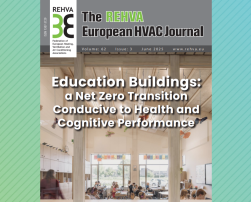
Net zero classrooms: Beyond energy efficiency
A new special edition of the REHVA Journal reveals how school buildings can lead the energy transition without compromising health or learning. Science, design, and policy converge to reimagine the classroom of the future.
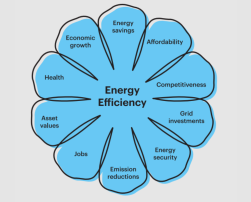
The many benefits of energy efficiency
From slashing bills to boosting health and jobs, energy efficiency proves to be a quiet powerhouse. This report from the International Energy Agency (IEA) unveils how doing more with less energy fuels prosperity, strengthens resilience, and lights the path to a cleaner, fairer future.
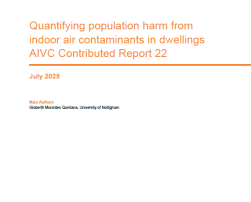
AIVC's CR22: Quantifying population harm from indoor air contaminants in dwellings
AIVC's Contributed Report 22 (CR 22) evaluates the population harm from exposure to non-pathogen airborne contaminants in dwellings.
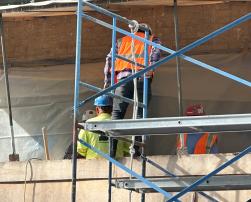
The UK’s construction workforce forecast
Britain’s construction sector stands at a crossroads. With nearly 48,000 extra workers needed each year, this report reveals the scale of the skills crisis—and the bold training investments required to build the homes, infrastructure, and future the UK demands.
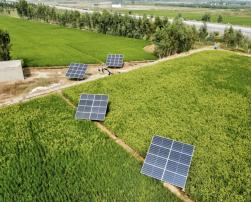
Renewables and resilience: The central role of solar energy
A new study highlights how renewable energy sources are driving climate resilience through decentralised solutions, thermal storage, and hybrid technologies that enhance energy security in the face of emergencies and climate change.
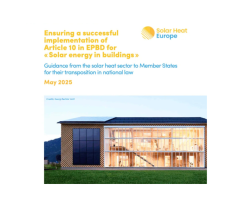
New guidance for the integration of solar technologies
Solar Heat Europe’s guidance on the Energy Performance of Buildings Directive (EPBD) solar mandate provides key insights for the fair and effective implementation of solar technologies in buildings.